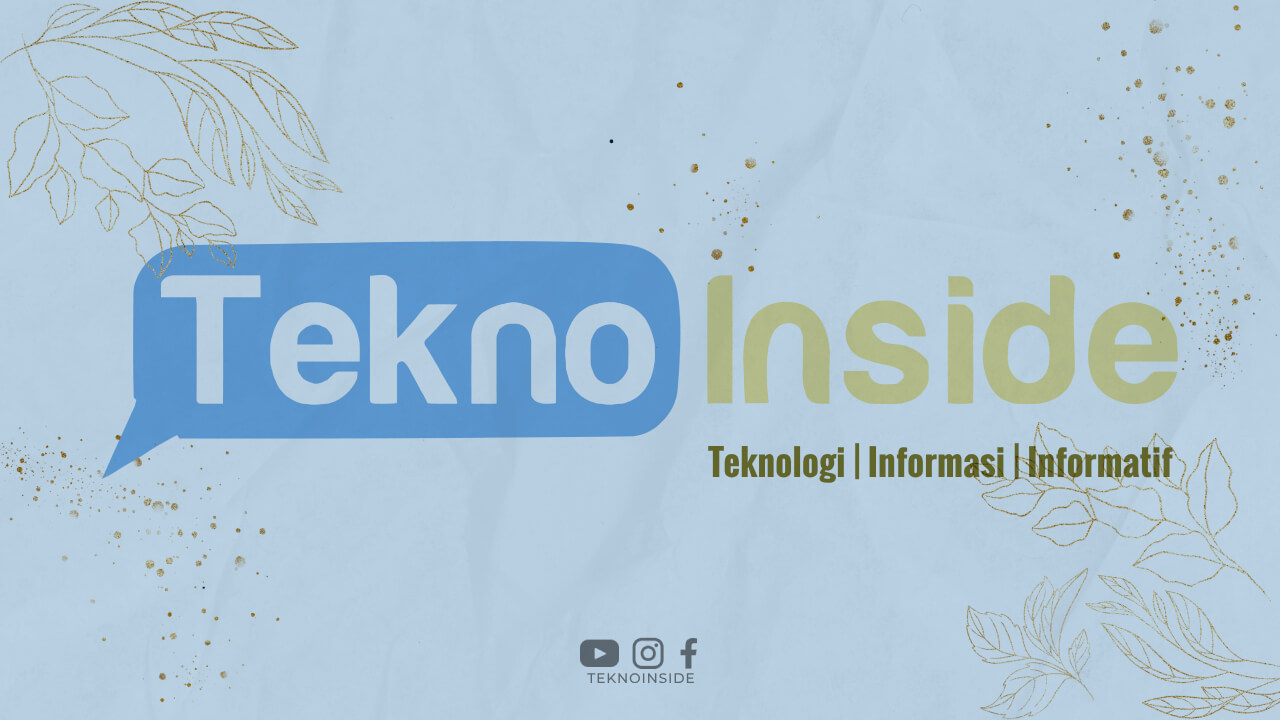With the rapid growth in technology and the increasing importance of digital marketing in today’s business landscape, many professionals are considering pursuing a Masters in Digital Marketing. However, before making such a significant investment of time and money, it’s crucial to weigh the pros and cons to determine if it’s truly worth it.
Advantages of a Masters in Digital Marketing
1. In-depth Knowledge and Expertise:
A Masters in Digital Marketing provides an opportunity to gain comprehensive knowledge and expertise in various aspects of digital marketing, including search engine optimization (SEO), social media marketing, content marketing, and more. This specialized knowledge can be highly valuable in the competitive job market.
2. Enhanced Career Opportunities:
Having a Masters degree in Digital Marketing can significantly enhance your career opportunities. It demonstrates to employers that you have a deep understanding of the field and are equipped with the necessary skills to excel in digital marketing roles. This can lead to higher-paying positions and better job prospects.
3. Networking Opportunities:
While pursuing a Masters in Digital Marketing, you’ll have the opportunity to network with industry professionals, fellow students, and faculty members. This network can prove invaluable in terms of job referrals, mentorship, and collaboration on future projects.
4. Practical Application of Knowledge:
Many Masters programs in Digital Marketing emphasize hands-on learning experiences, allowing students to apply their knowledge to real-world scenarios. This practical approach can provide a competitive edge in the job market and equip you with the skills needed to tackle real-life marketing challenges.
Disadvantages of a Masters in Digital Marketing
1. Costly Investment:
Pursuing a Masters degree, especially in reputable institutions, can be a significant financial investment. Tuition fees, study materials, and living expenses can quickly add up. It’s essential to consider whether the potential return on investment justifies the cost.
2. Time-Consuming:
Completing a Masters in Digital Marketing typically takes one to two years of full-time study. This commitment can be challenging, especially if you’re already working or have other personal commitments. Balancing work, study, and personal life can be demanding and requires strong time management skills.
3. Evolving Field:
Digital marketing is a rapidly evolving field, with new strategies, tools, and platforms emerging regularly. While a Masters program can provide a solid foundation, it’s important to stay updated with the latest trends and continuously upskill even after completing the degree.
4. Practical Experience:
While a Masters in Digital Marketing equips you with theoretical knowledge, it may not provide extensive practical experience. Some employers may value hands-on experience more than formal education. It’s crucial to supplement your degree with relevant internships, freelance projects, or personal marketing initiatives.
Conclusion
Ultimately, whether a Masters in Digital Marketing is worth it depends on your career goals, financial situation, and learning preferences. It can provide a competitive advantage, open doors to lucrative opportunities, and expand your knowledge in the ever-growing field of digital marketing. However, it’s essential to carefully evaluate the costs, time commitment, and the practical applicability of the degree in the rapidly evolving industry.
Before making a decision, consider researching different programs, speaking to professionals in the field, and weighing the pros and cons. Remember, success in digital marketing is not solely dependent on formal education but also on continuous learning, adaptability, and a passion for staying ahead in this dynamic industry.

